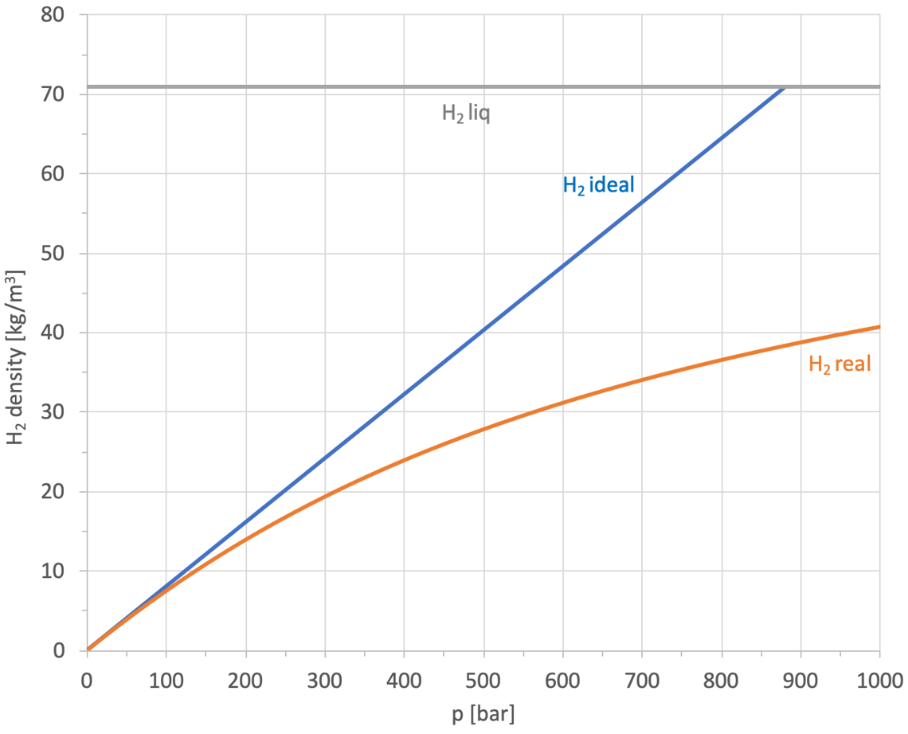Central to the efficient storage and transportation of hydrogen is the technology of hydrogen compression. Piston compressors are one type of hydrogen compressor, and in today’s infrastructure the devices are instrumental in compressing hydrogen gas to the high pressures required for various applications, from fueling stations to industrial processes.

What is a hydrogen piston compressor #
A hydrogen piston compressor is a mechanical device designed to compress hydrogen gas by using pistons. The basic principle involves trapping a volume of gas in a cylinder and then reducing the volume of the gas chamber through the movement of a piston. Thereby, the pressure of the gas is increased. This technology is akin to the operation of internal combustion engines, but instead of igniting fuel, it compresses gas. The diaphragm compressor is a variant of the piston compressor. In a diaphragm compressor, the piston compresses a fluid that is separated from the compression gas with a membrane.
Process steps #
The operation of a hydrogen piston compressor involves several key steps:
- Intake Phase: Hydrogen gas is drawn into the cylinder from an external source.
- Compression Phase: The piston moves to reduce the volume of the gas chamber, compressing the hydrogen gas. This compression increases the gas’s pressure while typically requiring cooling to manage the heat generated during compression.
- Discharge Phase: The high-pressure hydrogen gas is then discharged from the cylinder into a storage vessel or pipeline for further use.
Applications and advantages #
Hydrogen piston compressors are used in different sectors of the hydrogen industry. Today, they are often used for industrial hydrogen supply, e.g., in processes in the chemical manufacturing, electronics, and metal processing industries that require high-pressure hydrogen.
Advantages of the technology include a comparatively high efficiency. Piston compressors are capable of compressing hydrogen to very high pressures with relatively low energy consumption. Also their scalability is a plus. The compressors can be scaled to meet various capacity requirements, making them suitable for both small and large-scale applications.
Challenges of hydrogen piston compressors #
Despite their advantages, hydrogen piston compressors face challenges. These include particularly the management of the heat generated during compression. Also ensuring the purity of the hydrogen gas that can be contaminated by lubricants is challenging.
Other compression technologies like GRZ’s HyCo thermal compressors have advantages like their ability to use waste heat to drive the compression and their robustness.





